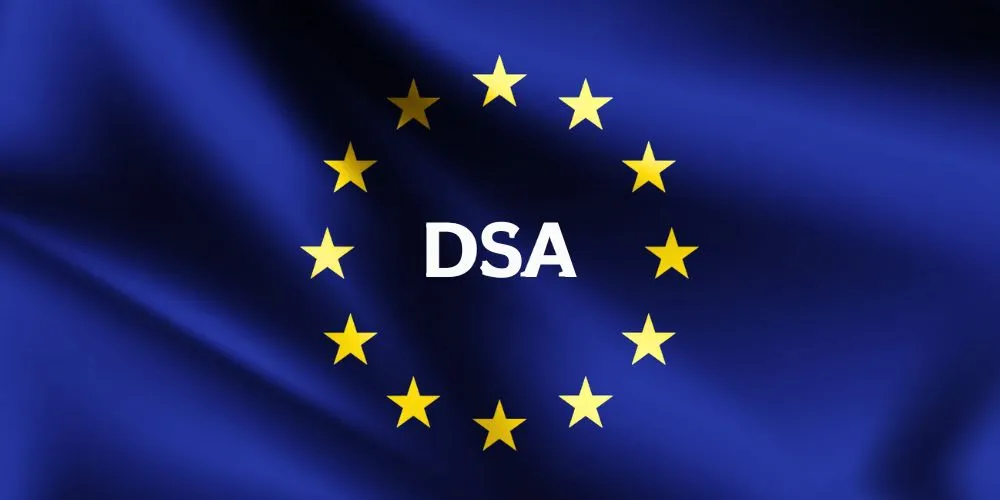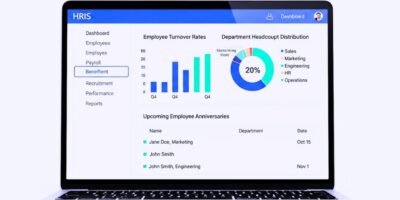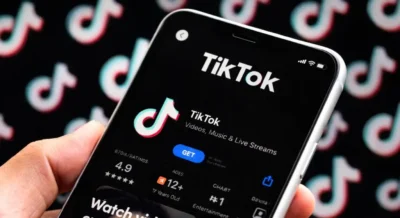Meta Platforms and TikTok have launched legal challenges against the European Commission, arguing that the Digital Services Act (DSA) supervisory fee imposed on them is disproportionate and calculated using a flawed and opaque methodology. The companies presented their cases before the General Court of the European Union, the European Union’s second-highest court, on Wednesday.
The DSA, which took effect in 2022, requires 19 large online platforms—including Meta and TikTok—to pay an annual supervisory fee, helping to fund the Commission’s oversight efforts. The fee amounts to 0.05% of a company’s global net yearly income. It is calculated based on the average monthly active users and whether the company made a profit or loss in the previous year.
Meta’s legal representative, Assimakis Komninos, stated that the company was not objecting to paying a fair share but took issue with the lack of transparency in how the fee was calculated. He argued that the fee was based on Meta’s financial data for its entire group rather than its Irish subsidiary, which is an entity regulated in the EU.
Komninos criticized the DSA’s provisions, calling them “totally untransparent with black boxes” that have produced “implausible and absurd results.”
TikTok also criticized the EU’s fee methodology. Lawyer Bill Batchelor argued that the Commission used inflated and inaccurate figures, effectively requiring TikTok to subsidize the supervisory costs of other platforms. He said that user counts were duplicated, for instance, if the same user logged in from both a laptop and a mobile device. Batchelor also claimed the fee cap was unfair, as it was based on group-level profits, which he said exceeded the Commission’s legal authority.
However, Commission lawyer Lorna Armati defended the methodology, saying the use of group-level financials is valid because the group as a whole benefits from the platform. She added that sufficient information had been provided to the companies, rejecting claims of unequal treatment or breach of procedural rights. A ruling is expected in 2026.













